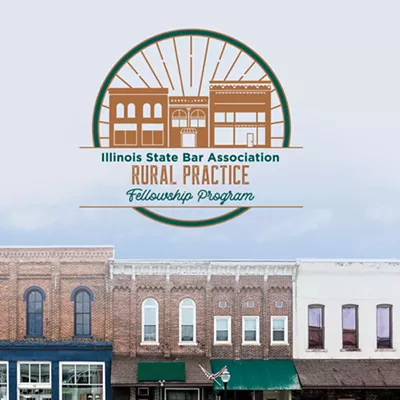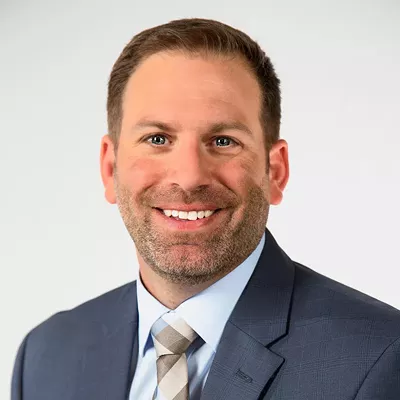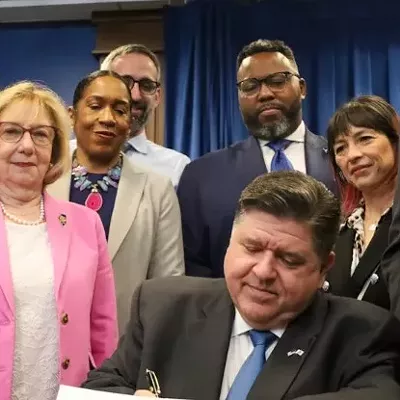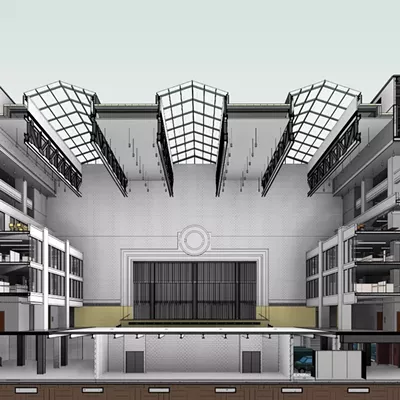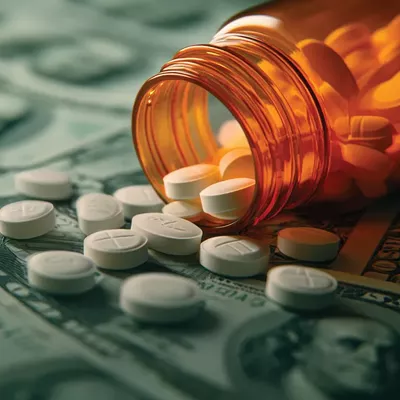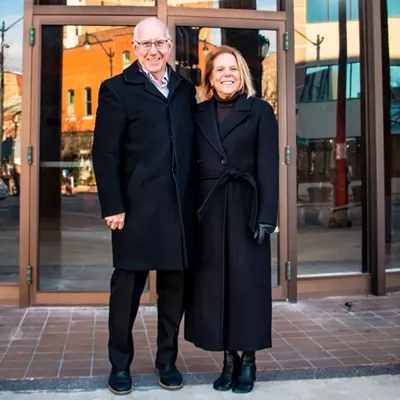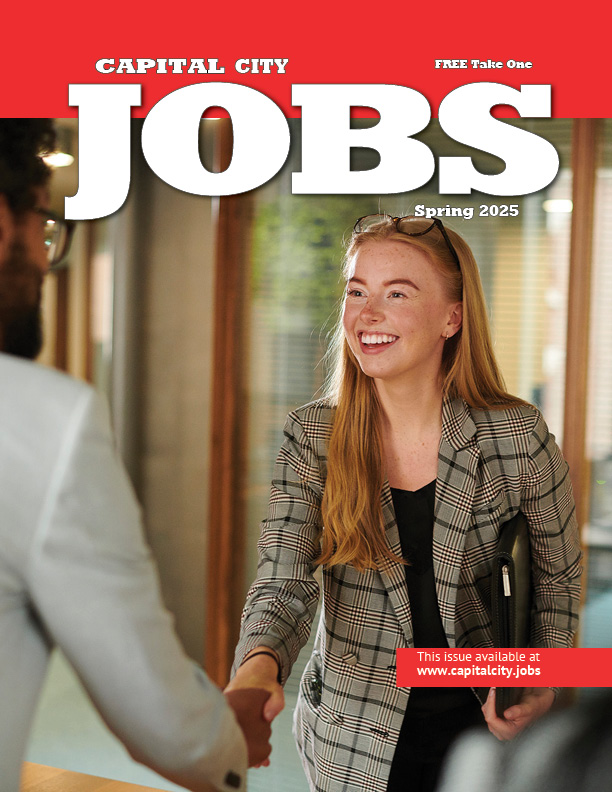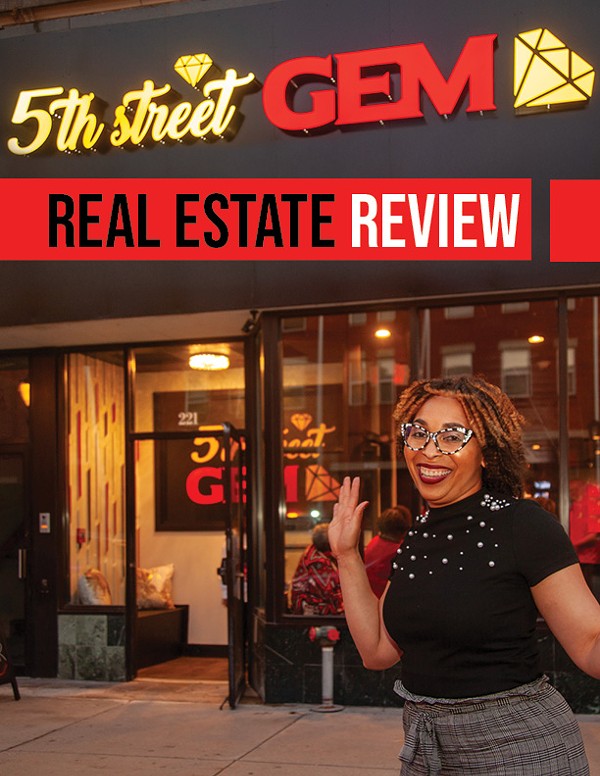Think about the last time you bought a drink at your local coffee shop – how did you pay? Did you hesitate before pulling out your debit card? Or, maybe you used your smartphone's mobile wallet to quickly tap and go. Whatever the case, the odds aren't high you paid with cash.
The digitalization of payments has been steadily gaining momentum across the country for years, but has skyrocketed since COVID-19. Last year, a Gallup poll found that 60% of people said they make only a few or no purchases with cash. On the other hand, only 13% said that they make all or most of their purchases with cash – half of the number that reported primarily using cash just five years ago.
What you may not realize is that your choice to pay with a card or cash has significant impacts on the small businesses where you're spending your money.
Heather Cosby is the owner of Flossie & Delzena's Coffee Cafe, a small coffee shop on the square in Lincoln. Cosby said she's felt the effects of customers increasingly paying with cards since the pandemic, spending more than $8,000 last year on credit card fees alone.
"I've become so aware of it. Whenever I go to a small business, I always make sure to pay in cash if I can. The only people making money on this are the banks. It's costing the business, and it's costing you, the customer, because I have to build that into my prices to cover the increased costs – as if things aren't going up enough already," Cosby said.
Despite the popular movement toward going cashless, Cosby said if she could, she'd make her business cash-only in a heartbeat.
"I'd much rather be giving that money to my employees, or to charity, or my church – anything but just handing it over to the bank. It's a Catch-22, because people just don't carry cash anymore," said Cosby. "And then there have been days where something goes wrong with the internet, and your whole business shuts down. I can still function the old-fashioned way, but when no one has cash on them, there's just nothing you can do."
Gabby Jones, a 25-year-old Springfield resident, said that she's among those that typically go cashless: "As a customer and a young adult, I'm someone that rarely has cash on them," said Jones. "But, I always have some form of card on me, either Apple Pay or a physical card."
Jones' preference appears to be in line with polling of younger consumers in general. Over half of Americans younger than 50 say they are comfortable not carrying cash, compared to just over a quarter of Americans older than 50, according to Gallup.
With more and more consumers voluntarily electing to go cashless, businesses and venues that will actually turn away cash-carrying customers have started to pop up more frequently. Locally, the Springfield Lucky Horseshoes has been a strictly cashless venue for two years.
Jones bartends for the Springfield Lucky Horseshoes during the summer months, where baseball goers have no choice but to use cards to make purchases inside the Robin Roberts Stadium. She said the system worked well from her end.
"In my role, my hands are usually full. So, just typing in an order on an iPad versus having to calculate in my head while remembering orders is very helpful," said Jones. "It also allows things to move a lot faster, which especially helps when we have lines. People don't have to make change or calculate the price, which can hold up the line. Instead, I generally type in the order as they give it to me and have the card running while I grab the order," she explained.
The Sherman Village Park Amphitheater, which hosts weekly bands and entertainment in the summer, announced last June that it too, was transitioning to become a cashless venue.
"The reason I ultimately made that decision was multifaceted. We have a lot of volunteers that work at the venue, and while we have police officers present, the amount of cash going through the venue as it became more popular was something I wanted to get away from," said Sherman Mayor Trevor Clatfelter.
"We're also able to track attendance and revenues much easier than with cash. Especially for a government entity, with auditors and different government accounting pools, it was just much more efficient and a better safeguard to be cashless," said Clatfelter. "For us, it just made easy, efficient and economical sense to be able to have real-time access to where we stand at any time of the night."


